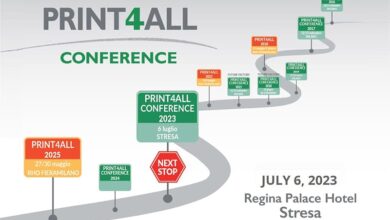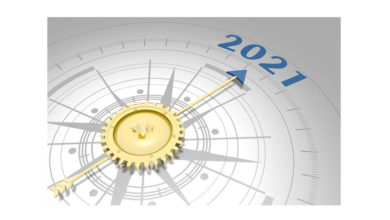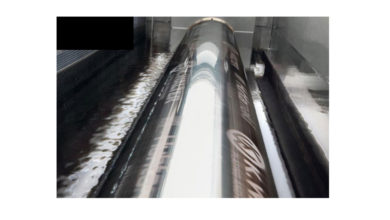DED survey shows improved business confidence in Dubai
Survey results from the latest quarterly Business Confidence Index (BCI) of the Department of Economic Development (DED) show a marked improvement in business confidence in Dubai in the fourth quarter of 2016 over the same period in 2015.Results indicate that the 2017 budget, Expo 2020 and Dubai Plan 2021 are fueling expectations as Business Confidence Index was at 120 points in Q4, 2016; compared to 116.1 in Q4, 2015. The DED conducts the quarterly surveys to gauge the perceptions and outlook of the business community in Dubai.
Khalid Al Kassim, assistant director-general for economic policies in DED, said, “Dubai’s AED 47.3 billion budget for 2017, among other things, aims to boost infrastructure spending and create more than 3,500 new jobs in line with the Dubai Plan 2021, together with growing public and private sector activity leading to the Expo Dubai 2020 have combined to boost business expectations regarding levels of employment and volumes of sales and profits.”
As the fourth quarter of 2016 ended, businesses remained confident about the first quarter of 2017 with a composite BCI score of 121.0 points––higher than the 116.1 points recorded during the 4th quarter of 2015. “The survey shows that the business outlook for Q1, 2017 is stronger than that for Q4, 2016 and Q1, 2016 in terms of revenues, volumes, profits as well as employment, as respondents anticipate new orders, or projects, and stronger demand for their products,” Khalid said, adding that the forecast for selling prices in Q1, 2017 is comparable to the Q4, 2016 and Q1, 2016 projections.
The net balance for expected sales revenues has increased from 36 per cent for Q1, 2016 and 37 per cent for Q4, 2016 to 46 per cent for Q1, 2017. The net balance for volumes has shown a similar improvement; from 35 per cent for Q1, 2016 and 36 per cent for Q4, 2016 to 45 per cent for Q1, 2017. For Q1, 2017, 53 per cent of the firms anticipate a rise in volumes backed by expectations of new projects/orders, higher demand and a seasonal uptick during the first quarter of the year.
However, 8 per cent of the respondents forecast a decline in volumes due to weaker demand following from regional conflicts and economic slowdown. Expectations of higher volumes are strongest for the manufacturing sector and weakest for the trading sector.
The survey also shows that the manufacturing sector is most confident about revenues, volumes, profits, employment and new orders. The services sector is most optimistic about its selling prices, while the trading segment exhibited the weakest sentiments with respect to all the parameters. Within the services sector, the construction segment is most hopeful of higher volumes during Q1, 2017 with a net balance of 75 per cent based on expectations of new projects/orders. Within the trading sector, the construction and computer sub-segments are most optimistic about volumes during Q1, 2017.
The overall business community in Dubai exhibited higher confidence relative to exporters with composite BCI scores of 121.0 and 112.4 points, respectively. Domestic-market oriented firms have a stronger forecast than exporters for all the parameters in the survey.
Expectations regarding the business situation show that the proportion of firms anticipating an improvement in their business conditions has declined marginally from 50 per cent for Q4, 2016 to 47 per cent for Q1, 2017. The proportion of firms anticipating deterioration has also shown a modest decline from 9 per cent to 7 per cent quarter-to-quarter while the number of businesses expecting stability has increased from 41 per cent to 46 per cent. According to the survey, 71 per cent of the respondents do not expect any negative factors to hinder their business operations. Competition remains the main challenge for Dubai’s firms, as cited by 8 per cent of them.
Plans to upgrade technology and expand capacity have moderated both on a quarterly and annual basis. 61 per cent of the respondents hope to invest in upgrading technology in Q4, 2016 versus 66 per cent in Q3, 2016 and 63 per cent in Q4, 2015. 57 per cent of the firms intend to invest in capacity expansion in Q4, 2016 compared to 66 per cent in Q3, 2016 and 67 per cent in Q4, 2015.




